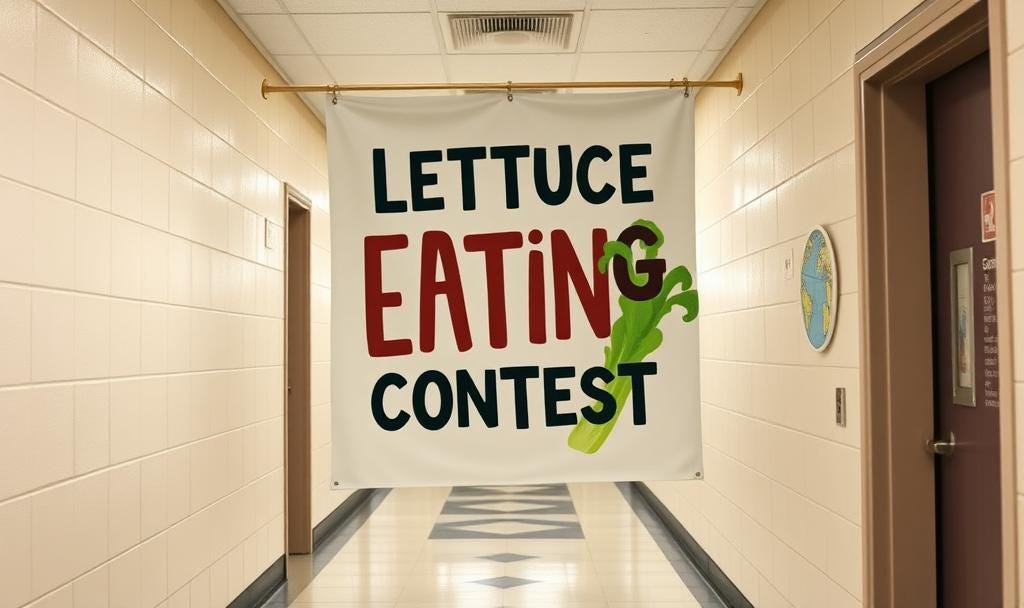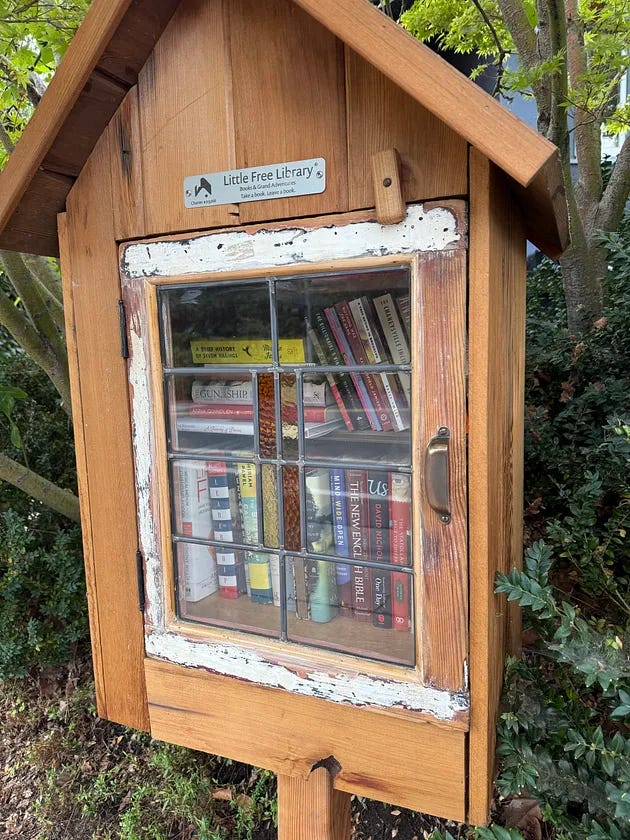As a conflict resolution facilitator, I am often brought in to work with groups that are stuck – they’re in conflict or have low attendance or have lost their mojo. Rather than forcing a specific solution, I listen for where there’s still energy and life force amongst its members. And, in these meetings and conversations, I don’t just listen to their “A-roll” — the agenda, the plan, the official conversation. I also pay close attention to their “B-roll” — the jokes, the sarcastic comments, the sighs, the asides — all the subtle, less conscious things uttered over the course of a dialogue. They are a map to energy if you know how to use it.
An important skill of group life is knowing where the energy and potency of a group is, and tapping into it. And one of the best ways to unlock energy is to listen out for the jokes and “hair-brained schemes” and take them seriously. They are often delightful ways through.
Seven reasons jokes unlock energy in groups and why they’re catnip for gatherings:
1. Jokes are loopholes to form.
Obligation — the feeling that you have to keep doing something well after the need has expired — is an enemy of vibrant gatherings. Jokes often deliver novel solutions. When Mara helped organize a school fall festival fundraiser for her kids’ school, the event ended with an absurd amount of sausage. As they stood around staring at the large quantity of meat before them, someone joked, “We should just host a sausage fest.” So they did. The first annual Sausage Fest took place in Mara’s backyard. Her husband made t-shirts. Everyone brought a side dish. The ridiculousness became the point and also the permission.
2. Thinking up new forms of gathering can feel daunting. We’re intuitively good at sensing what’s fun.
What started as a few friends in Pittsburgh joking about their parking skills turned into a full-blown annual event: the Parallel Parking Championship. Over time, it grew from a small circle of friends into a city-wide spectacle where people came to watch, cheer, and compete. Play invites participation. A playful challenge gives people a reason to show up — not because they have to, but because they want to see what happens.
This parallel parking gathering brought neighbors out in droves. It creates a shared experience and shared identity across difference: parallel parkers! You may think I’m being ridiculous, but in a multi-racial democracy, the more cross-cutting, low-stakes, specific identities we share, the more resilient and open and connected we are.
3. Jokes expand our geography of the possible in how we spend our time.
When Kathryn’s group of college friends realized they couldn’t meet in person during the first pandemic summer, someone joked: “Maybe we’ll just do our reunion week on Zoom.” They ran with it. They took the week off work as if they were traveling, but they did the whole reunion on Zoom. For their Zoom Reunion, they scheduled trivia nights, pancake competitions, even “Surprise GrubHub” deliveries where each person ordered a mystery meal for another. Kathryn mailed clues for a custom escape room game. What started as a joke became one of their most meaningful reunions.
4. When the very conceit of your gathering is ridiculous, anyone attending is already on the inside of the joke.
When Jen built a Little Free Library, called Books & Grand Adventures, she joked to a friend that she should host a grand opening. Then she thought — why not? She threw a Library Grand Opening party, complete with her two friends who’d helped her design and build it. Neighbors came, shared books, and began to see the library as their own. It activated the library (and the neighborhood.) It’s kind of hilarious to celebrate the grand opening of a tiny library. A gathering designed around a joke sidesteps that great enemy of connection: formality and stiffness.
5. Absurdity is equalizing.
In high school, Carson and friends joked about a viral Tumblr post that challenged people to eat a head of lettuce as fast as possible. Eventually, someone decided: “Let’s actually do it.” The student council hosted a Lettuce Speed Eating Contest, made awards, and the winner briefly held the world record. It was absurd. It was hilarious. And everyone remembered it. Also, in the shark tank that can be the social dynamics of high school, it created a delightful and equalizing identity: lettuce eater!
6. In modern life, we lack ritual for moments that should be marked. Jokes are often signs of that intelligence.
After months of indecision, Heena’s landmate and landlord finally chose a paint color for their house, “Fancy Pants.” Their friends, worn out by the endless paint swatches and debates, joked that they should throw a Fancy Pants Party to celebrate. So they did. Everyone showed up in their most extravagant pants. They handed out awards, tiny keychains made of glittering, patterned fabrics, for different categories. It was an over-the-top gathering for a paint job. But, underneath the jokes, it turned into something deeper: a celebration of completion and making decisions.
7. Jokes help us touch heat.
A woman in North Carolina wrote me a few years ago about her small church, which had been through a hard few years: pandemic separation, political and racial tension, and a lot of “missing each other” as she put it. She and a few volunteers decided to throw a Parking Lot Party to bring everyone back together. Someone joked on the group thread, “We should get a dunk tank.” Another responded, “Dunk the deacon?” They spent $250 and rented an actual dunk tank. People who’d been avoiding each other for months stood side by side, laughing and cheering and letting out a lot of tension. Sometimes the most sacred thing you can do for a community in pain is to help them play again.
You know one of the things that help in moments of tension and fracture? Joy and humor. To this day, some of the people I feel closest to, who I will always give the benefit of the doubt to, even when we are really different from each other, are people I have played and laughed and been ridiculous with.
The next time you’re listening to the hum of a group, pay attention to the B-roll: the absurd ideas, the half-jokes, the things said with a grin and a shrug. They may not be just kidding. They may be pointing you toward the truest thing in the room.
As always,
Priya
P.S. In this vein, I am hosting a Substack Live with Austin Kleon this coming Monday, October 27 at 12 PM ET — just in time for Halloween — on The Art of Messing Around. We’ll dive into what we can learn from pranks, mischief, jokes and more in the creative act. Free to all! Add to your calendar here.
P.P.S. Many of these examples of gatherings came from YOU all from the GROUP LIFE chat. Thank you for sharing with me. And, if you haven’t joined the chat, come on over and add your own.




